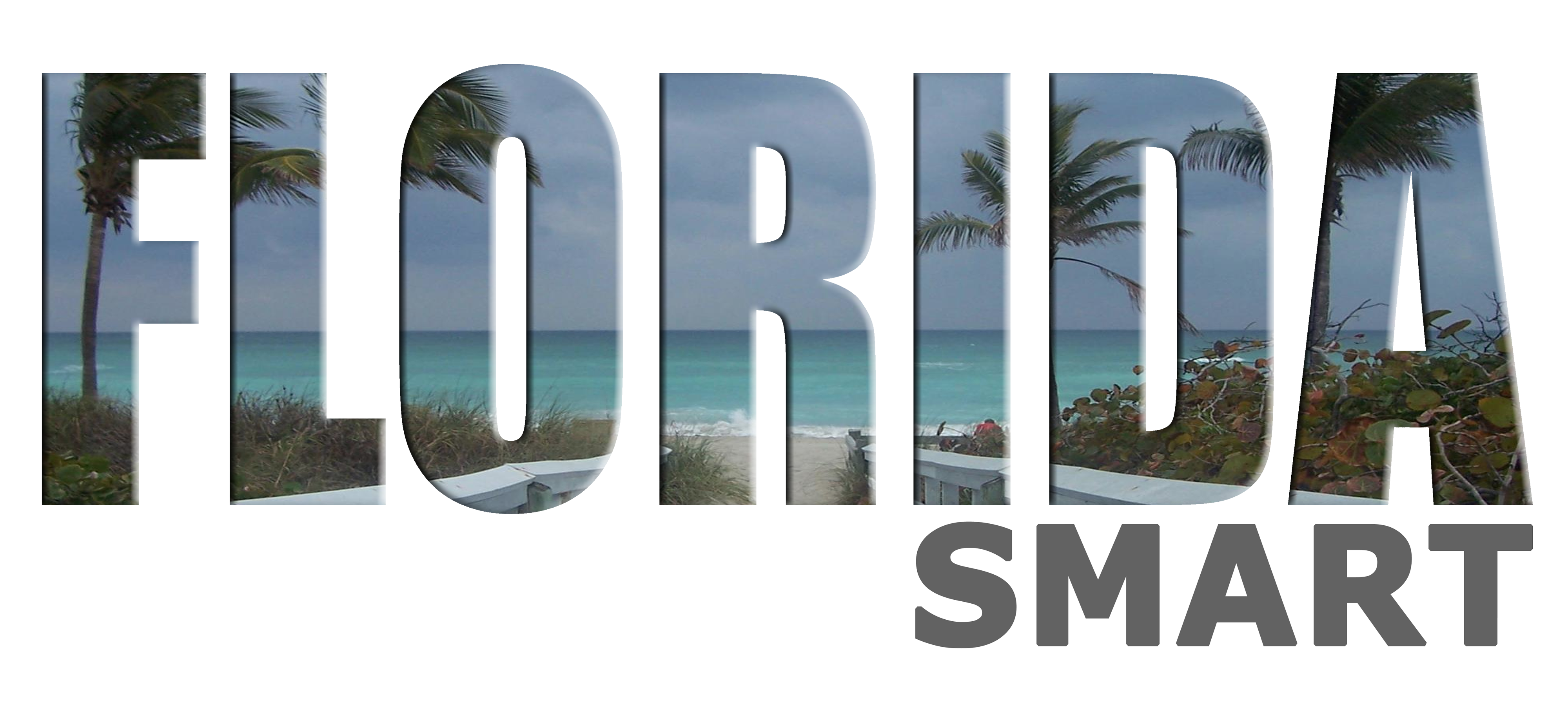Maritime law, also known as admiralty law, includes the legal principles and regulations that govern activities and disputes related to maritime commerce, navigation, and accidents on navigable waters. As a coastal state with extensive coastlines and a robust maritime industry, Florida has a significant interest in maritime law.
Maritime law in Florida is primarily governed by federal laws, as admiralty law falls under the jurisdiction of federal courts. However, state courts in Florida may handle certain maritime-related matters, particularly those involving state laws and regulations.
Maritime Accidents and Personal Injury
Florida, with its extensive coastline and numerous waterways, sees its fair share of maritime accidents. Maritime law in Florida covers personal injury and wrongful death claims arising from accidents that occur on navigable waters, including those involving recreational boating, commercial vessels, cruise ships, and offshore drilling platforms. These cases often involve unique legal principles and procedures specific to maritime law.
Longshore and Harbor Workers’ Compensation Act
The Longshore and Harbor Workers’ Compensation Act (LHWCA) is a federal law that provides benefits and compensation to maritime workers who are injured or become ill while working on navigable waters, including docks, piers, and terminals. The LHWCA ensures that eligible workers in Florida’s ports and maritime facilities are protected and have access to appropriate medical care and financial support.
Jones Act and Maritime Workers’ Compensation
The Jones Act, also known as the Merchant Marine Act of 1920, is a federal law that provides legal protections to seamen who are injured or become ill while working aboard vessels. It allows eligible seamen to seek compensation from their employers for injuries caused by negligence or unseaworthiness of the vessel. In Florida, maritime workers, such as crew members on commercial fishing vessels or cruise ships, may invoke the Jones Act to seek compensation for injuries suffered during the course of their employment.
Maritime Contracts and Commercial Transactions
Maritime law in Florida governs various contracts and commercial transactions related to the maritime industry. This includes contracts for the sale and purchase of vessels, charter agreements, shipbuilding and repair contracts, marine insurance, salvage operations, and maritime liens.
Marine Environmental Regulations
Florida’s coastal environment and marine ecosystems are protected by various federal and state laws and regulations. These include laws related to oil spill prevention and response, vessel pollution, discharge permits, ballast water management, and protection of endangered marine species. Compliance with these regulations is crucial for vessel owners, operators, and other stakeholders involved in maritime activities.
Maritime Salvage and Admiralty Disputes
Florida’s maritime law covers legal principles and procedures related to salvage operations, vessel arrests, maritime liens, and other admiralty disputes. These cases involve the rights and obligations of parties involved in maritime transactions and disputes, such as vessel owners, operators, lenders, insurers, and salvors.
Port and Harbor Regulations
Florida’s ports play a significant role in the state’s economy and international trade. The operation and management of ports and harbors in Florida are subject to various federal and state laws and regulations. These regulations cover port security, navigation, vessel traffic, customs, immigration, and other aspects of port operations.








